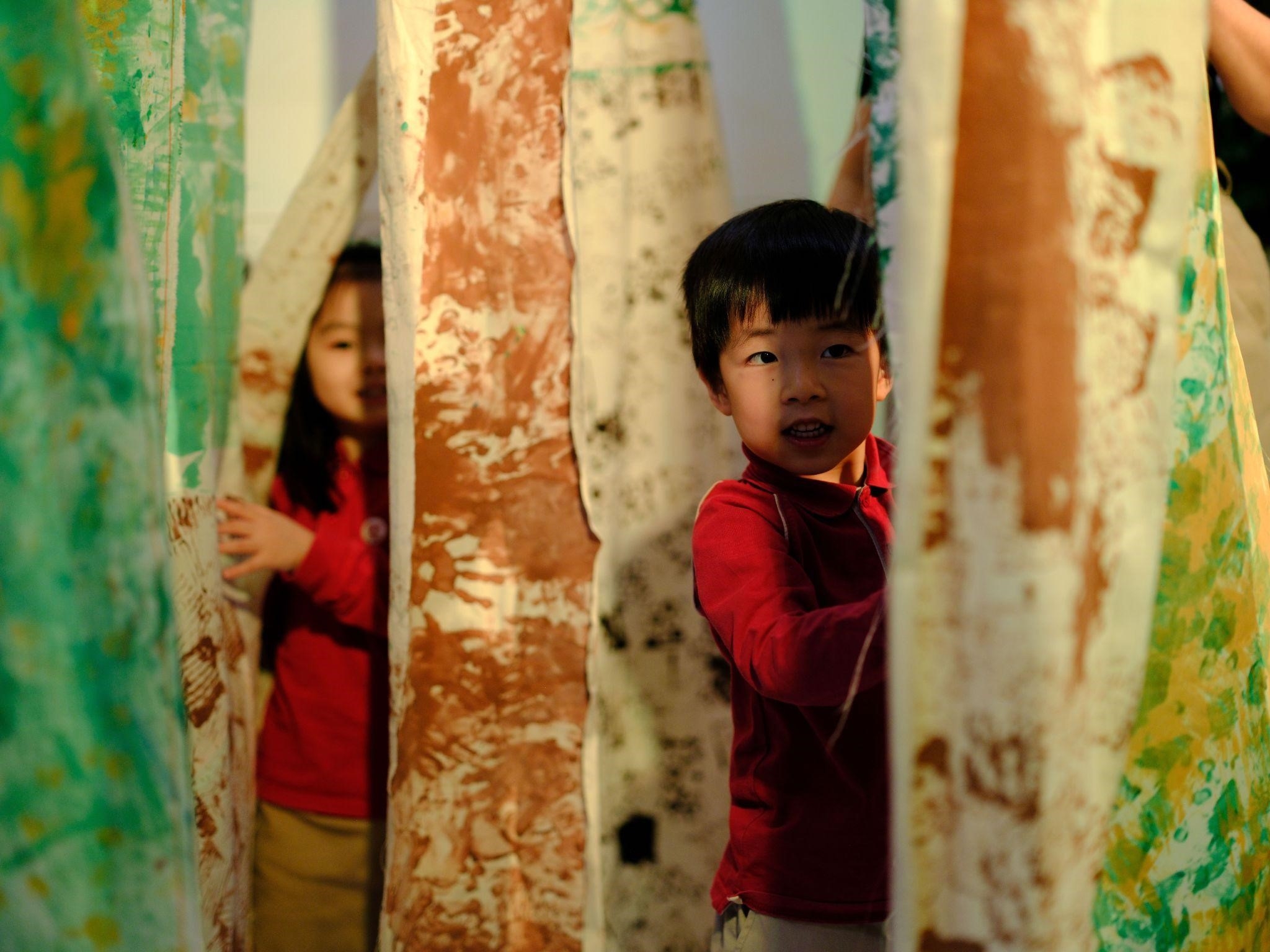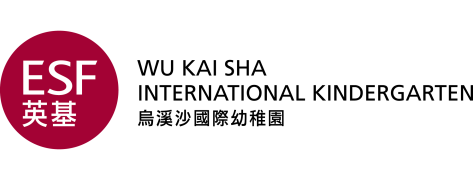

At ESF Wu Kai Sha International Kindergarten, our curriculum is rooted in the International Baccalaureate (IB) Primary Years Programme (PYP), and we have proudly held the title of an authorised ‘IB World School’ since August 2013. Our approach encourages children to explore relevant concepts and ideas through child-centred play, inquiry, real-life experiences, and focused learning activities, fostering comprehensive development in all curriculum areas.
Throughout the day, children engage in play and inquiry within a thoughtfully designed environment that sparks curiosity and promotes discovery, making learning challenging and relatable to the real world. Leveraging children's prior knowledge, interests, experiences, and cultural backgrounds, we build upon their strengths to cultivate independent learners and critical thinkers empowered to take action. We aim for all children to relish their kindergarten journey and acquire the skills needed to become lifelong learners.
The IB Primary Years Programme (PYP)
Founded in 1968, the International Baccalaureate (IB) is a non-profit educational foundation offering four highly respected programmes of international education that develop the intellectual, personal, emotional and social skills needed to live, learn and work in a rapidly globalising world. All ESF schools use the IB programmes as the basis of the curriculum. IB programmes challenge students to excel in their studies and encourage personal and academic achievement. This programme is known as the Primary Years Programme (PYP) in kindergartens and primary schools.
The IB Primary Years Programme (PYP) for children aged 3 - 12 nurtures and develops young students as caring, active participants in a lifelong journey of learning. The PYP challenges students to think for themselves and take responsibility for their learning as they explore local and global issues and opportunities in real-life contexts.
Essential elements of the PYP are:
Knowledge: Significant, relevant content that we wish the children to explore and know about, considering their interests, prior experience, and understanding. The subject domains are:
- Language
- Mathematics
- Science
- Social Studies
- The Arts
- Personal, Social & Physical Education
Concepts: Powerful ideas that are relevant within the subject areas but also transcend them, which students must explore and re-explore in order to develop a coherent, in-depth understanding.
Approaches to Learning (Skills): Those capabilities that the students need to demonstrate to succeed in a changing, challenging world, which may be disciplinary or transdisciplinary in nature.
Action: Demonstrating deeper learning in responsible behaviour through responsible action, a manifestation of the other essential elements.
For further information about the IB and its programmes, visit http://www.ibo.org
Assessment
Assessment is integral to all learning and teaching, and parents/ carers should be well informed about their child’s progress. Assessments identify what students know, understand, and can do at different stages in the learning process and support teachers in identifying children’s strength, needs and next steps in learning. At ESF Wu Kai Sha, reporting includes a mixture of reports, shared learning days, parent-teacher check-ins, and digital portfolios.
Languages

